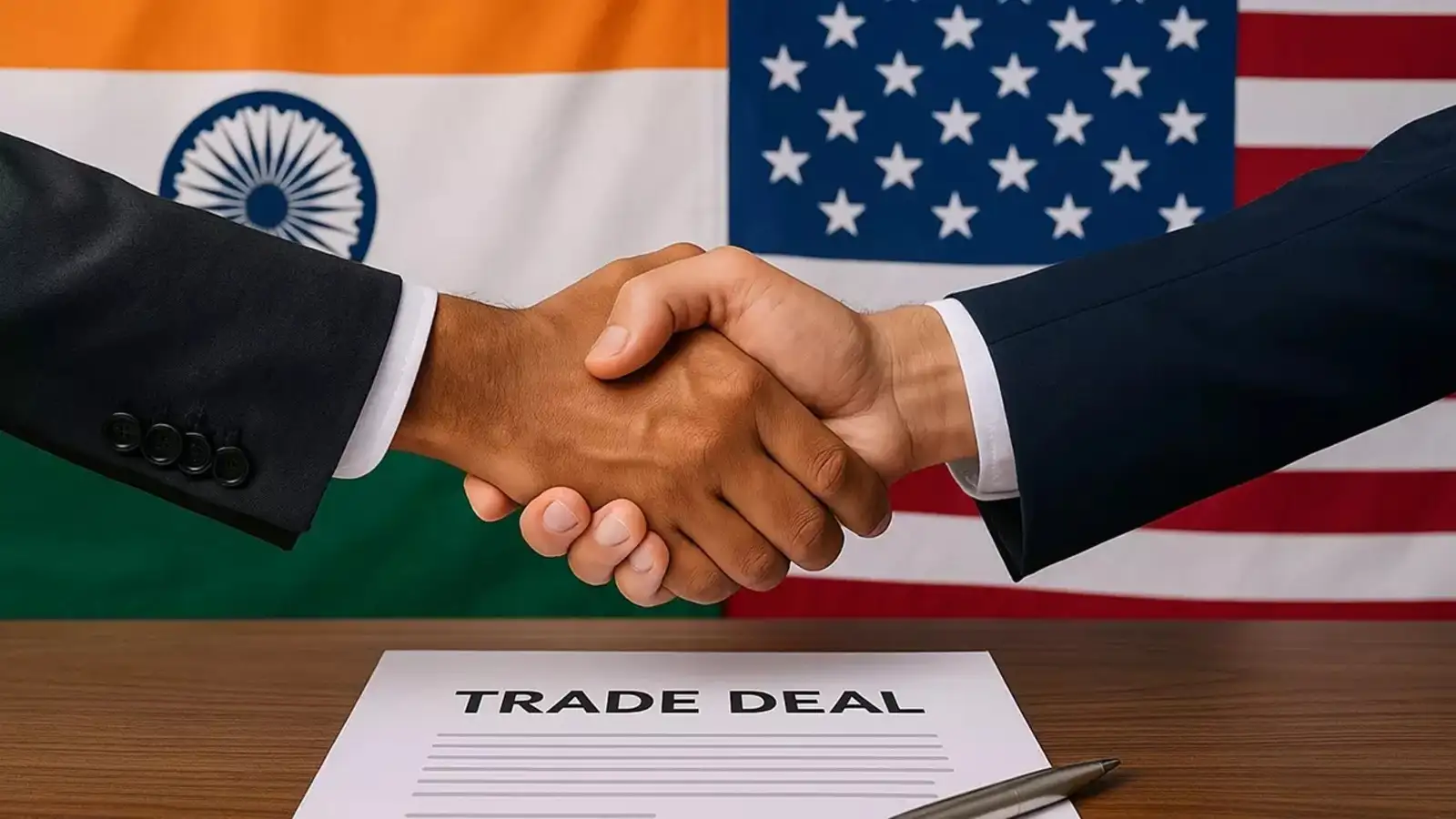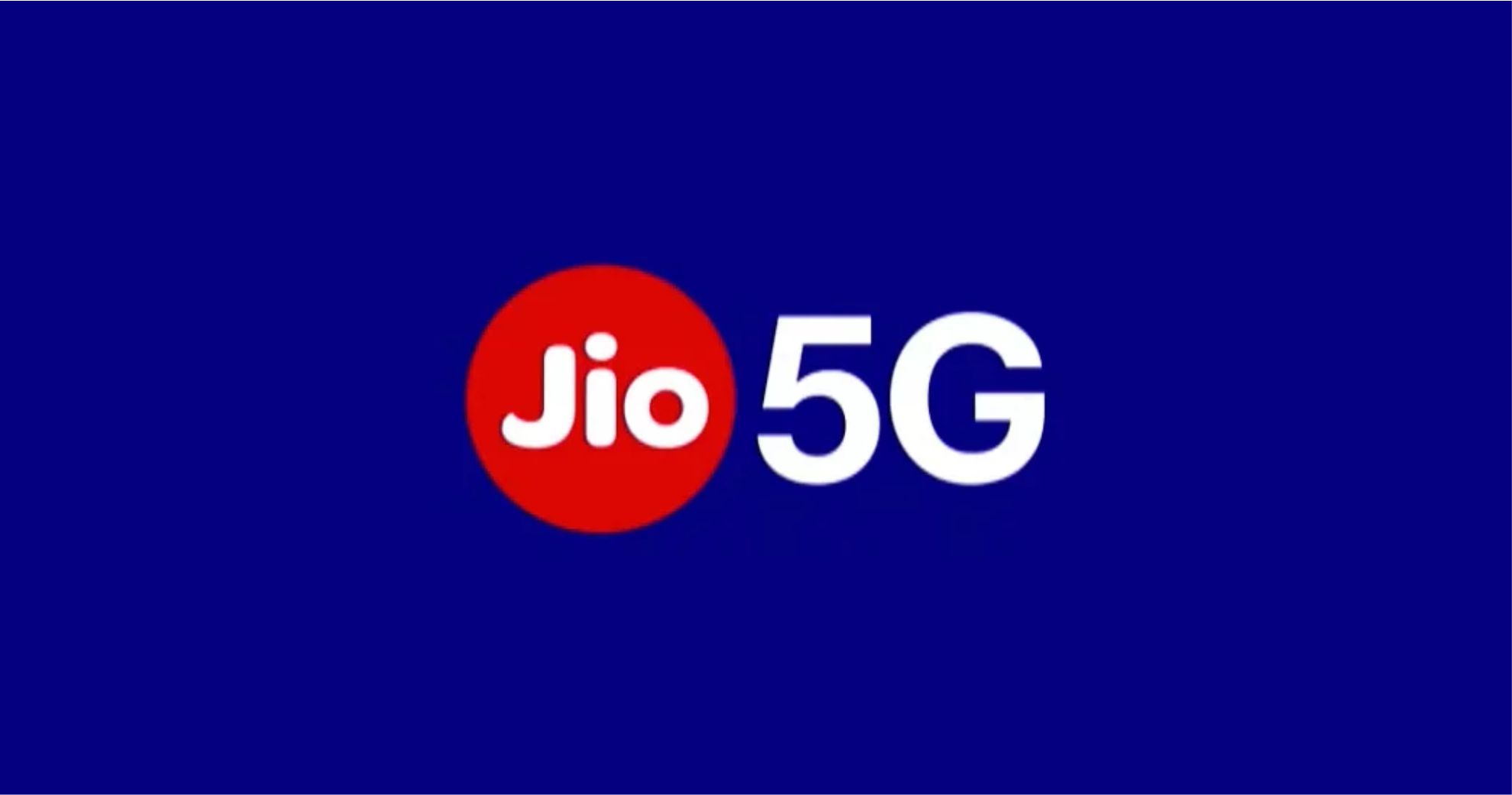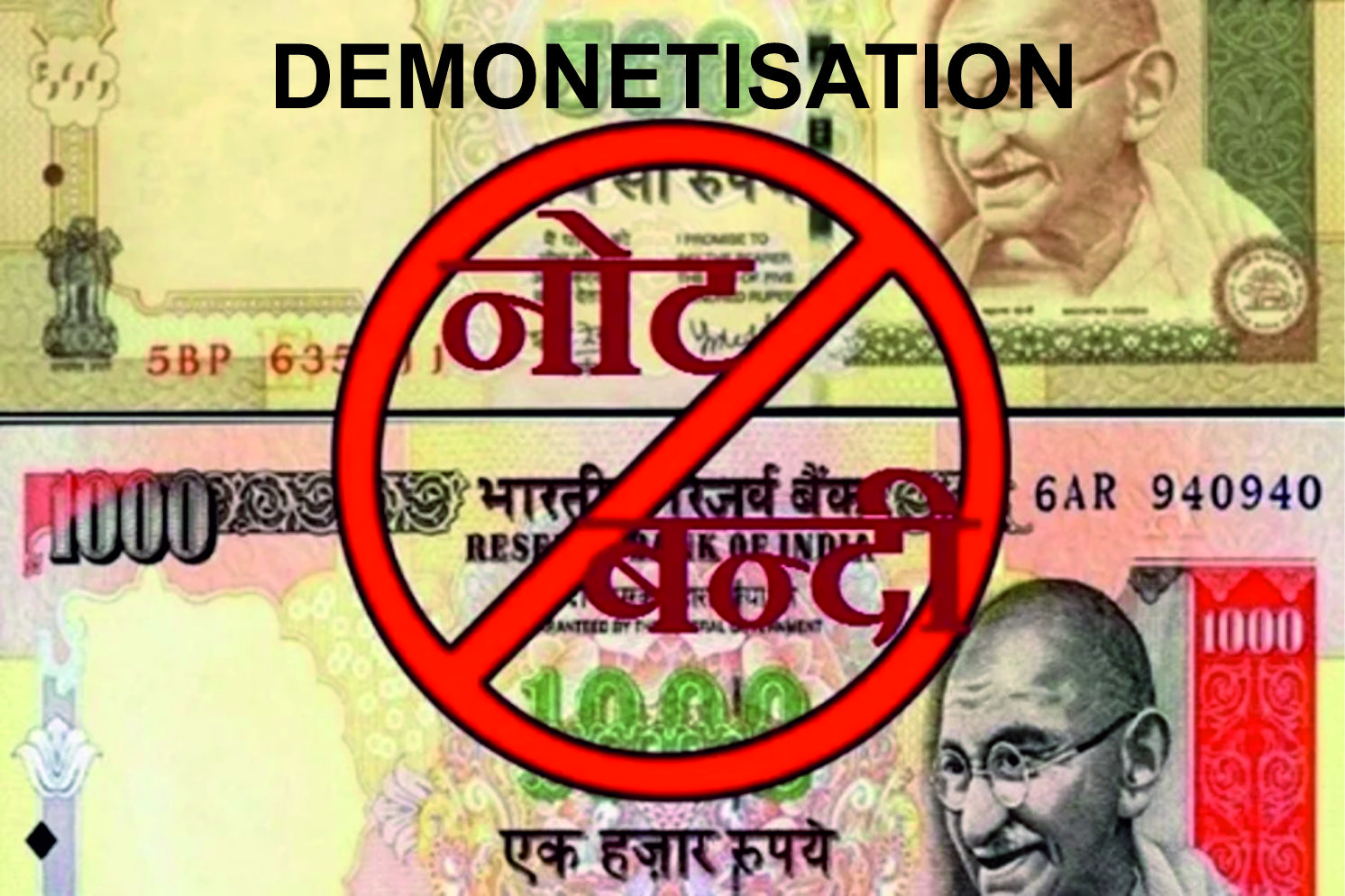India's Major Trade Push: Three FTAs in Focus This July

Mumbai, June 28, 2025 – July is shaping up as a pivotal month for India's global trade ambitions. The nation is accelerating Free Trade Agreement (FTA) negotiations with the United States, the United Kingdom, and the European Union, aiming to finalize agreements that could significantly boost Indian exports, eliminate tariffs, and deepen economic ties.
India-US Trade Pact: Pushing for Tariff Resolution by July 9
India is intensely pursuing an interim trade deal with the US, driven by a looming July 9, 2025, deadline for potential reciprocal tariffs. President Donald Trump has hinted at a "very big" deal, with India's chief trade negotiator, Rajesh Agarwal, currently in Washington. The goal is to avert further US tariffs on Indian goods, specifically a broader 26% reciprocal duty, on top of the existing 10% on some exports.
Talks have seen recent hurdles over import duties on steel, auto parts, and agricultural products. While the US presses for lower tariffs on items like soybeans and medical devices, India seeks zero tariffs on its labor-intensive exports (textiles, leather, gems, seafood) and reduced duties on steel and auto parts. Both nations ultimately aim to more than double bilateral trade to $500 billion by 2030.
India-UK FTA: Set for July Signing
The India-UK Free Trade Agreement is finalized and anticipated to be signed by the end of July. Concluded on May 6, 2025, after three years of negotiations, the deal is in its final legal vetting stages. Implementation is expected within a year of signing, pending approval from both the British Parliament and India’s Cabinet.
This landmark agreement will eliminate tariffs on 99% of Indian exports to the UK, providing a substantial boost to sectors like leather, footwear, and clothing. Conversely, it will reduce import duties on 90% of British goods, including whisky and cars. The FTA aims to double bilateral trade to $120 billion by 2030, enhancing opportunities for goods and professional mobility.
India-EU FTA: Addressing Persistent Divergences for Pact Advancement
The next round of India-EU FTA negotiations is scheduled for July 7 in Brussels. Talks, resumed in June 2022, have seen broad agreement on a quarter of the 24 chapters, covering areas like market access, investment, and rules of origin.
However, significant complexities persist. The EU seeks stronger intellectual property rights and alignment with its regulatory frameworks, including the Carbon Border Adjustment Mechanism (CBAM). India prioritizes market access for its pharmaceuticals, textiles, and IT services, while cautiously navigating demands concerning its agricultural sector. Both sides are committed to concluding the FTA by end-2025, but resolution of these key impediments will be crucial.
Impact on Indian Enterprises
These intense July FTA negotiations carry significant implications for Indian businesses:
- Export Competitiveness: Reduced tariffs offer a vital edge, facilitating broader market access for Indian goods.
-
Market Dynamics: Lower import duties could mean cheaper inputs but also increased competition for domestic producers.
- Investment & Growth: Successful FTAs are likely to attract foreign direct investment, boosting manufacturing and job creation.
-
Regulatory Evolution: Harmonization with international standards will drive efficiency and global best practices.
-
Services Sector Expansion: Agreements will foster greater mobility for Indian professionals and cross-border collaborations.
As India pushes for these critical FTAs, the outcomes in July will profoundly shape the nation's export trajectory and the economic landscape for Indian enterprises.



 213
213

 The BharatBiz
The BharatBiz
 16
16

